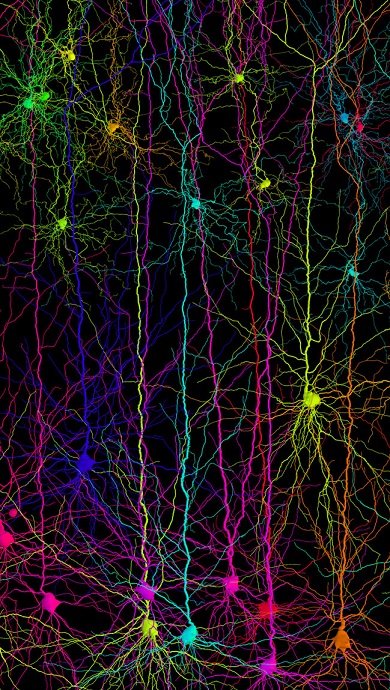Optogenetics growth shown
 A recent summit has reviewed amazing advances in the field of optogenetics.
A recent summit has reviewed amazing advances in the field of optogenetics.
The Third Optogenetics Australia featured leading scientists in Optogenetics and Chemogenetics from around the world, discussing their new methods to control specific internal organs.
Optogenetics combines genetics and optics to control the activity of specific cells in living tissues using light.
It involves the use of genetically-encoded light-sensitive proteins, called opsins, to manipulate the activity of neurons or other cells in response to light.
By using optogenetics, researchers can selectively activate or inhibit specific cells with high temporal and spatial precision, allowing them to study the role of individual cells in complex biological processes, such as neural circuits or behaviour.
The technique has been widely used in neuroscience research to understand brain function and dysfunction, as well as in other fields such as cardiology, immunology, and endocrinology.
Optogenetics has the potential to revolutionise medicine and biotechnology, as it allows for precise control of cellular activity in living organisms, which could lead to the development of new therapies for a wide range of diseases and disorders.
“We are in a renaissance era of neuroscience, thanks to the emergence of new tools and technologies during the past five years. This means that we can now address major unresolved questions to help lives that we were only once able to dream of,” says Flinders University’s Professor Nick Spencer, who helped organise the meeting.
“Rather than using conventional drugs to control the body, which almost always have non-specific side effects, scientists attending the meeting will show how they can use light to drive the same processes but with much higher precision.
“Scientists can now control specific cells and pathways in the body, and we can produce the required light-sensitive proteins inside the body, so the meeting will discuss new techniques, tools and applications to target particular organs in the body and improve their outcomes as a therapy.”
Professor Spencer said one of the meeting’s highlights was a presentation by Professor Richard Kramer from the University of California in Berkeley, USA, about new strategies for preserving and restoring sight in retinal degeneration.
“Professor Kramer is doing optogenetic experiments in human vision that can restore vision to people who are blind,” says Professor Spencer.
“His research is at the forefront of translational optogenetic technology.
“In a further example, with Parkinson’s disease, we know exactly where the problem is and which neurones are deficient, so you can use light to target only those neurones in only that part of the body, rather than taking a medicine, which gets absorbed into the body and can have all sorts of side-effects.”
More details are accessible here.







 Print
Print